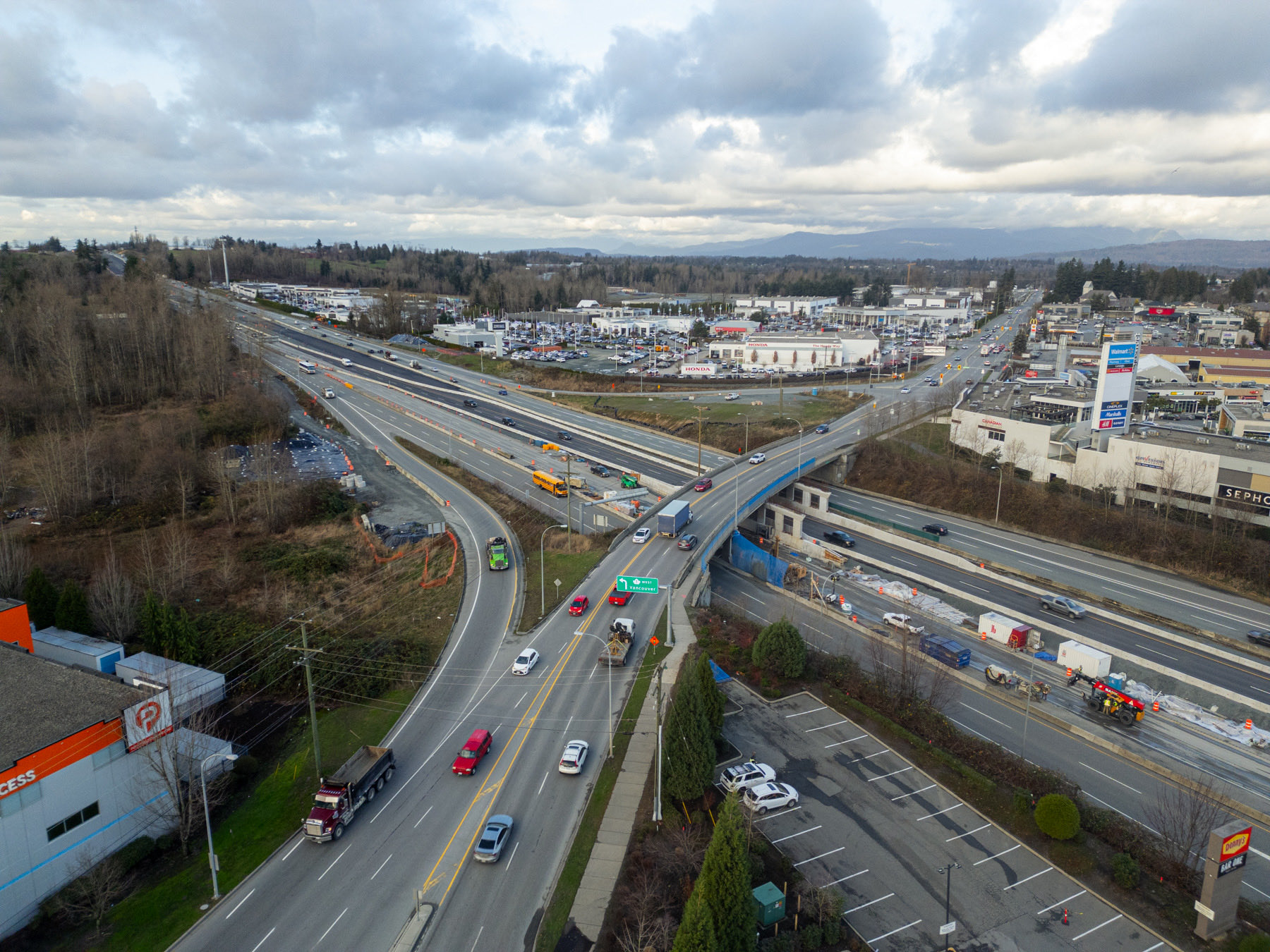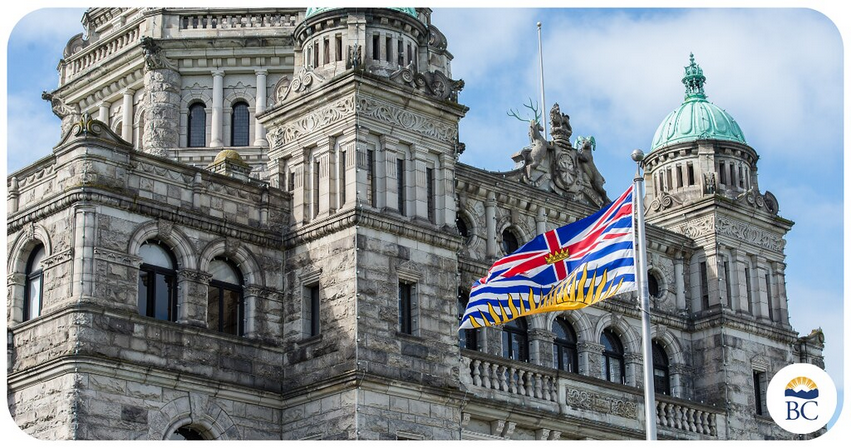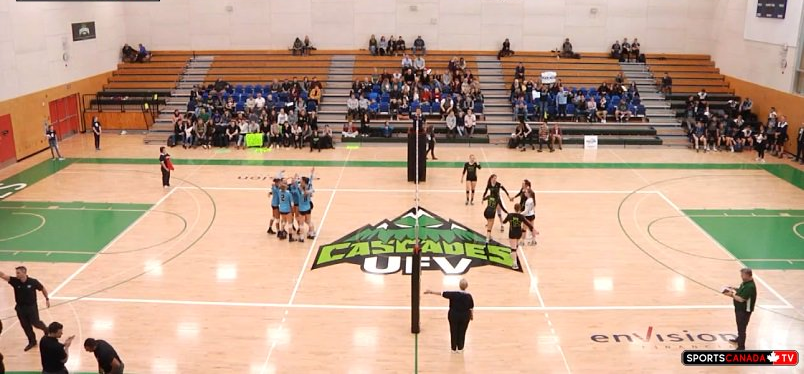Victoria/Fraser Valley – Barry Penner was the MLA for Chilliwack-Kent from 1996 to 2001. Penner is now Chair of the Energy Futures Institute:
The Energy Futures Institute has responded to news the BC Government is keeping unpopular and unattainable 2026 electric vehicle (EV) sales targets — even as EV sales have slumped to about 15% of new car sales in BC — while permanently walking away from providing consumer rebates to ease additional upfront costs of purchasing electric vehicles.
“Trying to push more expensive electric vehicles on British Columbians doesn’t make sense when we are still relying on imported electricity from the United States,” said Barry Penner, Chair of the Energy Futures Institute. “So far this year, BC Hydro has imported the equivalent of about 80% of the new Site C dam’s annual output, much of it from fossil fuel generation — even though the new dam is now in operation. The EV mandates discourage British Columbians from purchasing vehicles built in Canada, since no EVs are actually built in our country. Instead, EVs have to be imported, just like much of our electricity.”
Earlier this month, Merran Smith, co-chair of BC’s CleanBC Review, told a House of Commons committee that due to challenges faced by automakers and consumers, she supports “adjusting the 2026 through 2030 EV sales targets to be more readily achievable.” Ms. Smith also proposed resuming consumer rebates, with a plan to phase them out by 2030. A video clip of these remarks is available here. The full two-hour Environment and Sustainability committee meeting can be viewed here.
“It’s heartening to hear the BC Government has finally acknowledged that a 90% EV sales requirement for the 2030 model year, and 100% by 2035, is not realistic,” said Penner. “However, given the government’s statement that there should be ‘one clear, harmonized sales target for the country’, I’m puzzled why BC is clinging to its own 2026 model year requirements of 26% EV sales. After all, the federal government has eliminated their 20% requirement for 2026. Even the BC government’s hand-picked advisor supports changing the 2026 target.”
The Energy Futures Institute is calling on Victoria to defer to the federal government, and recommends Ottawa replace its rigid EV mandates with performance-based fuel economy standards using Canada’s existing Motor Vehicle Fuel Consumption Standards Act (similar to the U.S. Corporate Average Fuel Economy (CAFE) system), which requires ongoing improvements across vehicle lineups rather than dictating technology choices. Penner’s presentation to a House of Commons committee is available here.
“If mandates remain, regular hybrid vehicles should be given at least partial credit under the system —and hybrids built in Canada, like the Honda Civic hybrid and Toyota RAV4 hybrid —should qualify for full compliance credits,” Penner recommended. “Limitations on the number of plug-in hybrids should be removed for vehicles offering a certain minimum electric range.”









